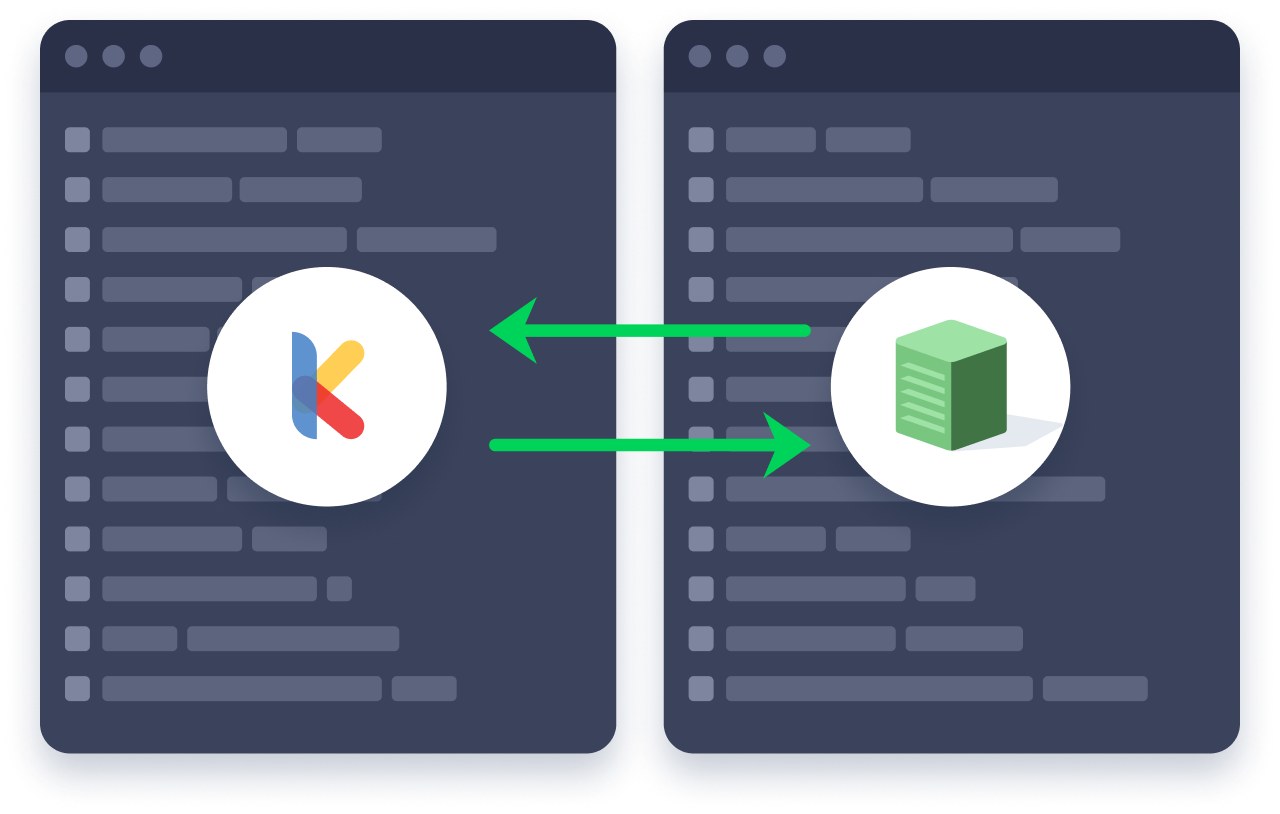Hey there, digital warriors! Let’s dive right into the world of SEO and uncover the secrets behind keyword rank API. In today’s competitive digital landscape, ranking higher on search engines is no longer optional—it’s a must. Whether you’re a small business owner or an SEO guru, understanding how keyword rank API works can transform your online presence. So, buckle up because we’re about to take a deep dive into this powerful tool that could skyrocket your website’s visibility.
Keyword rank API isn’t just some fancy tech term; it’s your secret weapon for climbing the search engine ranks. Think of it as your personal assistant that monitors where your website stands for specific keywords across different search engines. But here’s the kicker—it’s not just about tracking. It’s about strategizing, optimizing, and staying ahead of the game. In this article, we’ll break down everything you need to know to harness its full potential.
Before we jump into the nitty-gritty, let’s set the stage. SEO is a marathon, not a sprint. And having the right tools, like a keyword rank API, can make all the difference. So, whether you’re trying to outrank your competitors or simply want to understand how your website performs, this guide has got you covered. Let’s get started!
Read also:Unveiling The Truth Behind Indianamylf Onlyfans Leaks A Comprehensive Guide
What is Keyword Rank API?
Alright, let’s start with the basics. A keyword rank API is essentially a software interface that allows you to fetch data about your website’s ranking positions for specific keywords. It acts as a bridge between your website and search engines, providing you with real-time insights into how well your content is performing. In simpler terms, it’s like having a spyglass that lets you peek into the search engine results pages (SERPs) and see where you stand.
Why does this matter? Well, in the world of SEO, knowledge is power. Understanding your keyword rankings helps you identify which strategies are working and which ones need tweaking. Plus, it gives you a competitive edge by showing you how your rivals are performing. Think of it as your digital battlefield, and the keyword rank API is your trusty sword.
Why You Need a Keyword Rank API
Now that we know what it is, let’s talk about why you need it. Imagine running a marathon without knowing how far you’ve come or how much further you need to go. Sounds pretty daunting, right? That’s exactly what it’s like trying to optimize your website without a keyword rank API. Here’s why it’s a game-changer:
- Real-time Insights: Get instant updates on your keyword rankings across multiple search engines.
- Competitive Analysis: Monitor your competitors’ rankings and adjust your strategies accordingly.
- Data-Driven Decisions: Make informed decisions based on hard data rather than guesswork.
- SEO Optimization: Identify underperforming keywords and refine your content strategy.
Without a keyword rank API, you’re essentially flying blind. Sure, you might have a general idea of how your website is doing, but you’re missing out on the granular details that could take your SEO to the next level.
How Does Keyword Rank API Work?
Okay, so you’re sold on the idea of using a keyword rank API, but how does it actually work? At its core, it’s all about data collection and analysis. Here’s a quick breakdown:
First, the API queries search engines like Google, Bing, and Yahoo! for specific keywords. It then retrieves the ranking positions of your website for those keywords. This data is compiled and presented to you in an easy-to-understand format. Some APIs even go a step further by offering historical data, allowing you to track your progress over time.
Read also:Unveiling The Truth Behind Sava Schultz Onlyfans Leaks What You Need To Know
But wait, there’s more! Many keyword rank APIs also provide additional features like keyword suggestions, traffic estimates, and backlink analysis. These tools work together to give you a comprehensive view of your website’s performance and help you fine-tune your SEO strategy.
Selecting the Right Keyword Rank API
Not all keyword rank APIs are created equal. With so many options out there, choosing the right one can feel overwhelming. Here are a few things to consider when making your decision:
- Accuracy: Ensure the API provides reliable and accurate data.
- Features: Look for additional features like keyword suggestions and traffic estimates.
- Integration: Check if the API integrates seamlessly with your existing tools and platforms.
- Support: Opt for an API that offers robust customer support and resources.
Some popular options in the market include SEMrush, Ahrefs, and Moz. Each has its own strengths and weaknesses, so it’s important to do your research and choose the one that best fits your needs.
The Benefits of Using Keyword Rank API
Let’s talk benefits because, let’s be honest, that’s what it’s all about. Here are some of the top advantages of using a keyword rank API:
- Improved SEO Performance: By tracking your keyword rankings, you can identify areas for improvement and optimize your content accordingly.
- Increased Visibility: Higher rankings mean more visibility, which translates to more traffic and, ultimately, more conversions.
- Competitive Edge: Knowing where you stand compared to your competitors gives you a significant advantage in the digital marketplace.
- Time-Saving: Automating the process of tracking keyword rankings saves you time and allows you to focus on other important aspects of your business.
These benefits aren’t just theoretical; they’re backed by real-world results. Businesses that use keyword rank APIs consistently outperform those that don’t. So, if you’re serious about SEO, this is a tool you can’t afford to ignore.
Common Challenges with Keyword Rank API
Of course, no tool is perfect, and keyword rank APIs are no exception. Here are some common challenges you might face:
- Data Limitations: Some APIs have limitations on the amount of data they can collect, especially for free or low-cost plans.
- Algorithm Changes: Search engine algorithms are constantly evolving, which can affect the accuracy of the data provided by the API.
- Learning Curve: If you’re new to SEO, there might be a bit of a learning curve when it comes to understanding and interpreting the data.
Despite these challenges, the benefits far outweigh the drawbacks. With a little practice and patience, you can master the art of using a keyword rank API to boost your SEO efforts.
Best Practices for Using Keyword Rank API
Now that you know the what, why, and how, let’s talk about best practices. Here are a few tips to help you get the most out of your keyword rank API:
- Set Clear Goals: Define what you want to achieve with your keyword rank API and set measurable goals.
- Monitor Regularly: Consistency is key. Make it a habit to check your keyword rankings on a regular basis.
- Analyze Trends: Look for patterns and trends in your data to identify areas for improvement.
- Adjust Strategies: Don’t be afraid to tweak your SEO strategies based on the insights you gain from the API.
By following these best practices, you’ll be well on your way to mastering the world of keyword rank APIs and taking your SEO game to the next level.
Case Studies: Real-World Examples
Talking about the benefits and best practices is great, but nothing beats real-world examples. Here are a couple of case studies that demonstrate the power of keyword rank APIs:
Case Study 1: Small Business Success
A local bakery used a keyword rank API to track their rankings for terms like “best bakery in town” and “fresh baked goods.” By identifying underperforming keywords and optimizing their content, they managed to increase their organic traffic by 30% in just three months.
Case Study 2: E-commerce Giant
An online retailer leveraged a keyword rank API to monitor their competitors’ rankings and adjust their strategies accordingly. This resulted in a significant boost in their search engine visibility, leading to a 25% increase in sales.
These examples show that keyword rank APIs can deliver real results, regardless of the size or nature of your business.
Future Trends in Keyword Rank API
As technology continues to evolve, so does the world of SEO. Here are a few trends to watch out for in the realm of keyword rank APIs:
- AI Integration: Expect to see more APIs incorporating artificial intelligence to provide even more accurate and insightful data.
- Voice Search Optimization: With the rise of voice-activated devices, APIs will increasingly focus on optimizing for voice search queries.
- Mobile-First Indexing: As Google shifts to mobile-first indexing, APIs will need to adapt to provide data that reflects this change.
Staying ahead of these trends will ensure that your keyword rank API remains a valuable asset in your SEO toolkit.
Conclusion: Take Action Today!
And there you have it, folks! The ultimate guide to keyword rank APIs. From understanding what they are to leveraging their full potential, we’ve covered it all. Remember, SEO is a journey, not a destination. And having the right tools, like a keyword rank API, can make all the difference in your success.
So, what are you waiting for? Dive into the world of keyword rank APIs and start boosting your SEO game today. And don’t forget to leave a comment or share this article if you found it helpful. Your feedback means the world to us!
Table of Contents
- What is Keyword Rank API?
- Why You Need a Keyword Rank API
- How Does Keyword Rank API Work?
- Selecting the Right Keyword Rank API
- The Benefits of Using Keyword Rank API
- Common Challenges with Keyword Rank API
- Best Practices for Using Keyword Rank API
- Case Studies: Real-World Examples
- Future Trends in Keyword Rank API
- Conclusion: Take Action Today!


